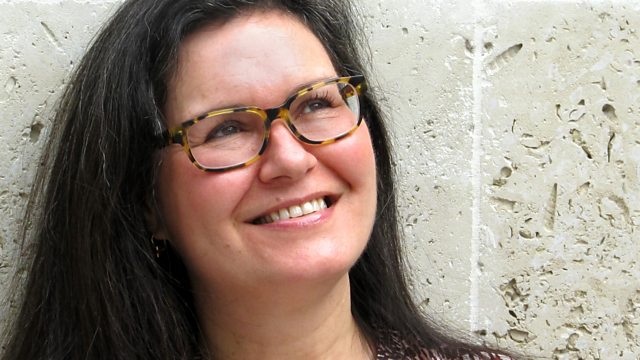Hubble Space Telescope at 25
On its 25th anniversary, Tracey Logan and guests talk about the Hubble Space Telescope and how the data is has been providing is shaping our understanding of the cosmos.
On 25th April 1990, the Hubble Space Telescope (HST) was released into space from the Discovery space shuttle. Though off to a famously bumpy start - the first images sent by Hubble were blurry due to a flaw with one of the mirrors - it has been collecting data that has been contributing towards shaping our understanding of the cosmos and it continues to do so.
The HST is operated by the Space Telescope Science Institute located at Johns Hopkins University in Baltimore, Maryland. Tracey Logan speaks to Mario Livio, an astrophysicist at the institute, who shares his perspective on the Hubble mission for the last 25 years and talks about ongoing Hubble projects.
At the cutting edge of cosmology research, data recorded by Hubble is used to improve our understanding of such things as the universe's rate of expansion and theories about the hitherto elusive dark matter. A team led by University of Arizona astronomer Peter Milne has found hints that cast a new light on the currently accepted view that the universe is expanding at an increasingly faster rate. Could it be that a particular type of supernova - type 1A - is not the perfect cosmological "Standard Candle" we've thus far thought it to be?
Another group of astronomers, led by Dr Richard Massey at the University of Durham, used data from Hubble in their attempt to unravel the elusive nature of dark matter. Dr Massey talks to Tracey Logan about how having a particular angle on a collision between galaxies some 1.4 billion light years away has allowed for potentially the first ever observation of dark matter colliding with itself. We still don't know what the nature of dark matter is, but this could be our first knowledge of it interacting with anything, possibly implying "Dark Forces" at work.
This new research is put into perspective by Dr Malcom Fairbairn, who has revived the neglected telescope on the roof of King's College London. He talks to Tracey Logan about how these recent findings could herald genuinely new areas of physics.
Meanwhile, closer to earth rocks, what could or should be done about the danger of asteroid impact? This week in Frascati, Italy, the European Space Agency hosts the 2015 Planetary Defence Conference. Detlef Koschny, head of ESA's Near Earth Object section, speaks to Tracey Logan about coordinating global efforts.
Producer: Marnie Chesterton.
Last on
Broadcasts
- Thu 16 Apr 2015 16:30大象传媒 Radio 4 FM
- Thu 16 Apr 2015 21:00大象传媒 Radio 4 FM
Explore further with The Open University
Discover more fascinating science content with The Open University
Podcast
-
![]()
大象传媒 Inside Science
A weekly programme looking at the science that's changing our world.


